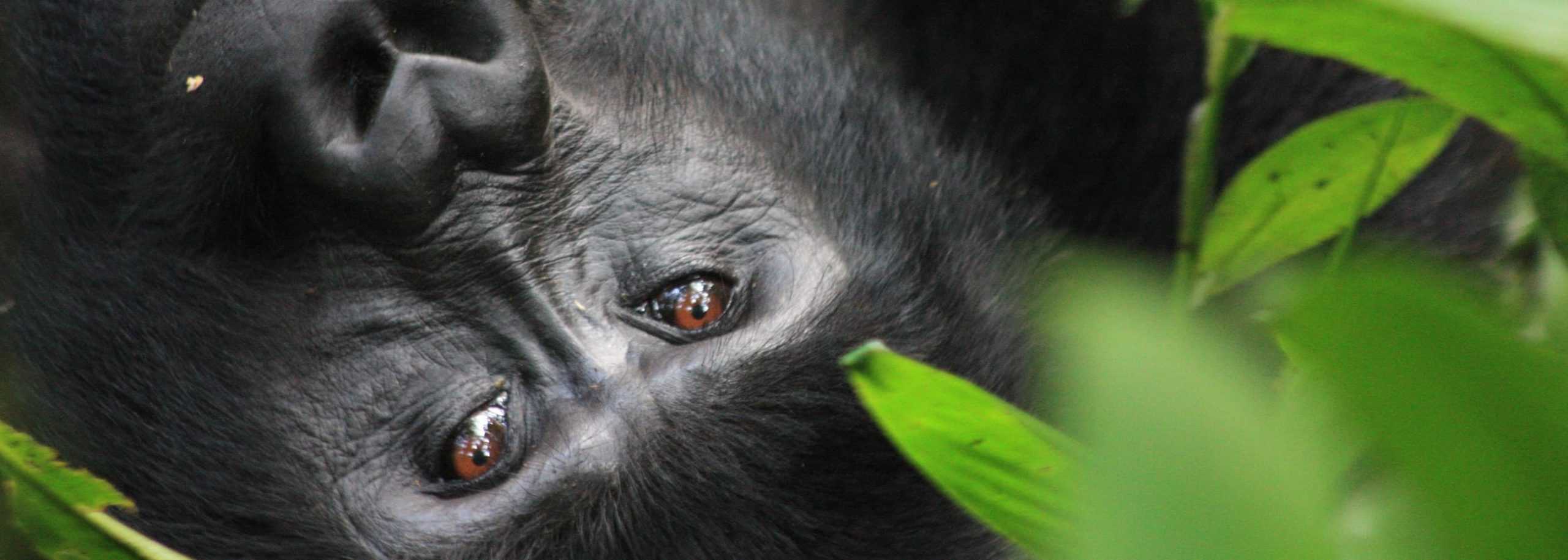Assessing impacts from community conservation interventions in Rwanda
Advocacy | 15/04/11
Volcanoes National Park in Rwanda is home to a some of the last remaining mountain gorillas and the hub of national tourism activities and is perhaps one of the intensely protected parks in Africa through government and NGO programs. It also exists in some of the most densely populated rural areas in Africa, with densities in the sectors surrounding the park ranging from around 350 to over 1000 people per square kilometer. These park-adjacent communities are integral to the success and sustainability of park management activities and ultimately the critically endangered mountain gorilla and people who depend on the habitat and resources from the park.
A recent comprehensive survey conducted by the Dian Fossey Gorilla Fund- International’s Karisoke Research Center, CARE International’s Enterprise, Equity and the Environment in the Greater Virunga Landscape Project, and the International Gorilla Conservation Programme assessed the current economic and social status of households in the 12 sectors adjacent to Volcanoes National Park. The study was funded by EEEGL and also received co-funding from the Protected Area Biodiversity project of GEF/UNDP/REMA.
The results show the strengths and weakness of community conservation interventions, i.e. those activities, associated with park conservation, aiming specifically at increasing the flow of economic benefits from the park to the neighboring population and / or supporting the diversification of livelihoods near the park. The evidence gathered by the study shows that the high population density near the park dilutes the overall economic impact of community conservation activities. It also calls for a better targeting of these activities to reach more effectively the intended social targets.
Additional results are highlighted on a recent post from the EEEGL project here. And the report is available from the EEEGL website here.

